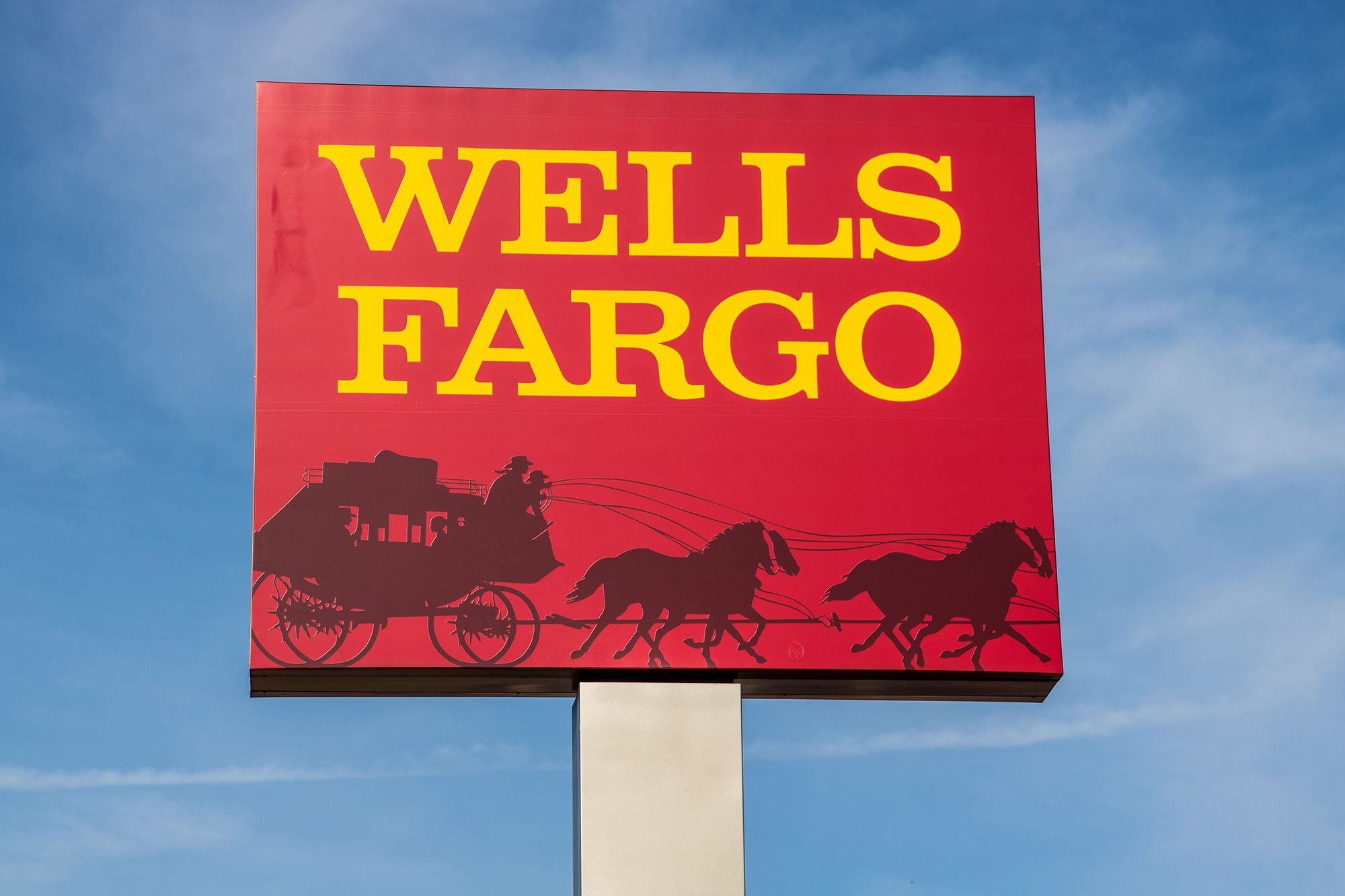Wells Fargo Ordered to Pay $825 Million – Here is Why
06.04.2025 16:00 2 min. read Alexander Zdravkov
Wells Fargo faces a substantial financial setback after being ordered to pay hundreds of millions of dollars in damages following a Florida jury verdict.
The bank was found liable for charging unauthorized fees and mishandling a trust fund meant to secure the financial future of around 2,000 children from the Seminole Tribe of Florida.
The Seminole Minors Per Capita Payment Trust, originally set up to manage funds from the Tribe’s gaming ventures, accused Wells Fargo of breaching its fiduciary duty. The court determined that Wells Fargo must pay $825 million in damages along with over $7 million as compensation for the improperly levied fees. Additionally, eight bank executives involved in the case were ordered to pay symbolic damages ranging from $50 to $500 each.
One of the key revelations came from Kim Scott, a relationship manager at Wells Fargo, who admitted during cross-examination that the bank had mismanaged the funds, kept poor records, and collected millions in unauthorized charges. Scott acknowledged that he had not thoroughly reviewed the governing documents of the trust, despite overseeing one of the bank’s largest accounts.
The trust, originally managed by Wachovia Bank before Wells Fargo’s acquisition in 2008, was established about 20 years ago to safeguard the wealth generated from the Tribe’s gaming businesses. In 2016, the Seminole Tribe dismissed Wells Fargo as trustee after an internal review raised concerns about poor investment performance and questionable fees, totaling $7.6 million, that barely kept up with inflation.
Following the ruling, Wells Fargo announced its intention to appeal. Meghan McDonald, a spokesperson for the bank’s Wealth and Investment Management division, stated that the bank had acted according to the Tribe’s guidelines and fulfilled its fiduciary responsibilities. She argued that the appeal would focus on addressing courtroom rulings that, in Wells Fargo’s view, restricted them from fully presenting their side of the story.
The trust, now valued at nearly $3 billion, remains central to the Tribe’s efforts to secure financial stability for its younger members. Wells Fargo’s appeal seeks to challenge the jury’s decision, aiming to overturn the hefty damages awarded.
-
1
Binance Pushes Back Against FTX Lawsuit, Calls Claims “Baseless”
21.05.2025 8:00 2 min. read -
2
New Ethereum Initiative Targets Institutional-Grade Security Standards
16.05.2025 14:00 1 min. read -
3
Ark Invest Buys Into eToro as Shares Surge on Nasdaq Debut
16.05.2025 8:00 1 min. read -
4
JPMorgan CEO Warns Market Is Overlooking Risks from Tariff Tensions
22.05.2025 8:00 1 min. read -
5
FIFA Teams Up with Avalanche to Launch Its Own Blockchain
23.05.2025 9:00 1 min. read
Yuga Labs Moves to Dismantle ApeCoin DAO in Favor of Centralized Structure
In a bold move to reshape the future of ApeCoin, Yuga Labs has introduced a proposal that would dissolve the existing ApeCoin DAO and replace it with a streamlined management body called ApeCo.
ARK Invest Makes Bold Bet on Circle as Stablecoin Giant Enters Wall Street
Circle’s arrival on the New York Stock Exchange sent shockwaves through the market, and Cathie Wood’s ARK Invest wasted no time jumping in.
WazirX Restructuring Plan Blocked by Singapore High Court
WazirX’s bid to restructure and compensate victims of a $230 million hack has been rejected by the Singapore High Court, putting the exchange’s recovery roadmap in limbo.
Tariffs Not a Threat to S&P Momentum, Says Fundstrat’s Tom Lee
Fundstrat’s Tom Lee believes that lingering caution in the stock market could actually be setting the stage for another bullish breakout.
-
1
Binance Pushes Back Against FTX Lawsuit, Calls Claims “Baseless”
21.05.2025 8:00 2 min. read -
2
New Ethereum Initiative Targets Institutional-Grade Security Standards
16.05.2025 14:00 1 min. read -
3
Ark Invest Buys Into eToro as Shares Surge on Nasdaq Debut
16.05.2025 8:00 1 min. read -
4
JPMorgan CEO Warns Market Is Overlooking Risks from Tariff Tensions
22.05.2025 8:00 1 min. read -
5
FIFA Teams Up with Avalanche to Launch Its Own Blockchain
23.05.2025 9:00 1 min. read


